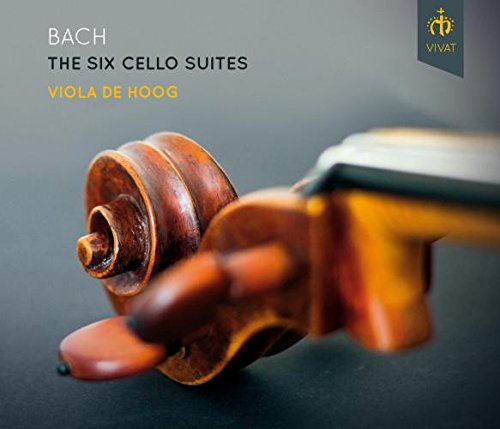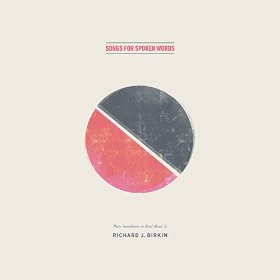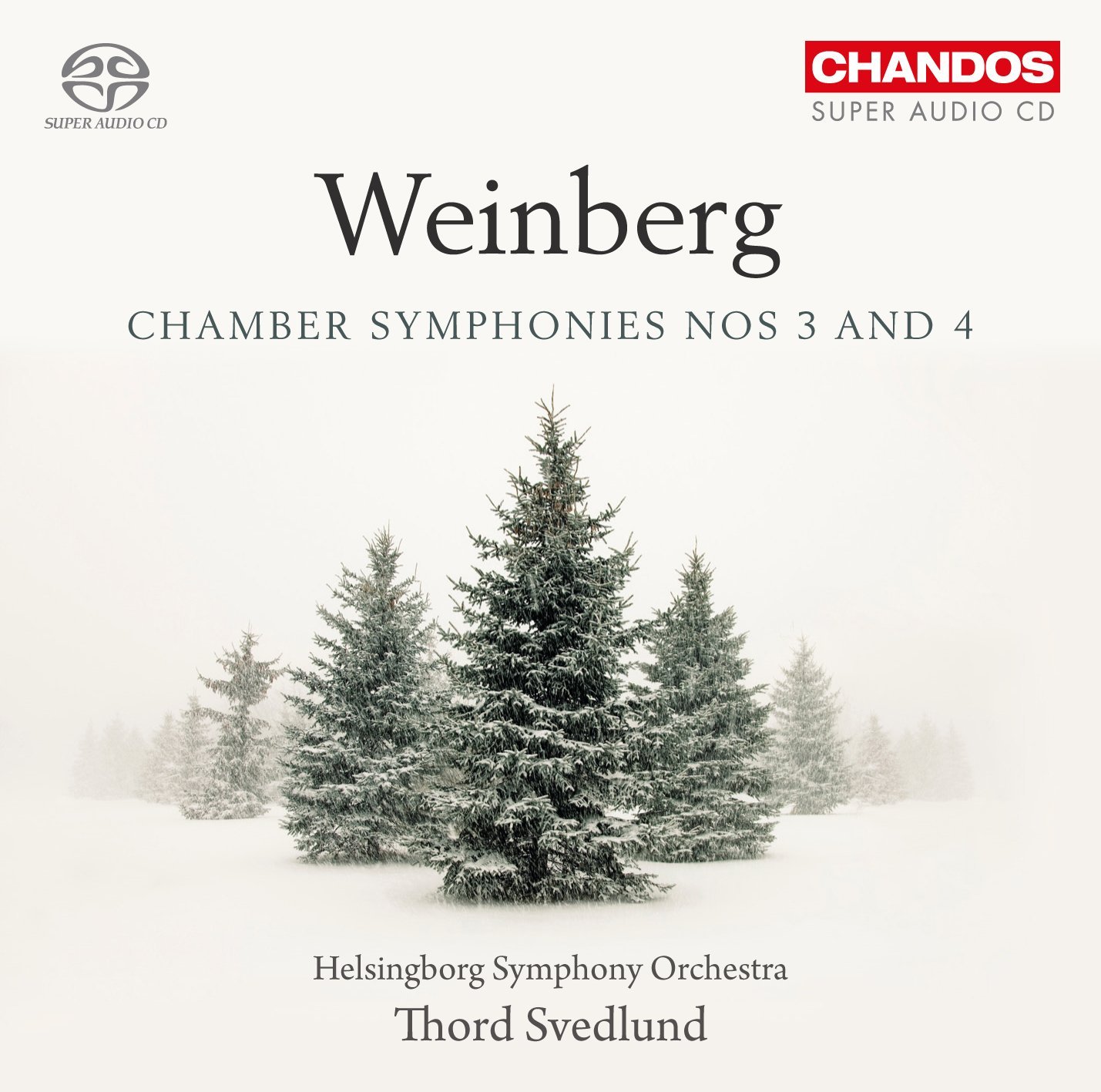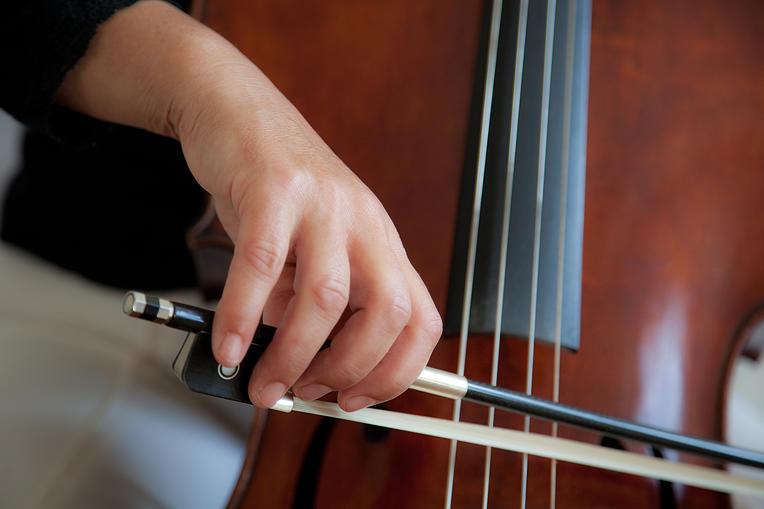
Two hours of solo instrumental music may sound daunting. Bach's six cello suites are anything but. They were composed when the cello was beginning to supersede the fretted viola de gamba, an instrument well-suited to polyphony, whereas the cello's design and tuning pattern means that the harmonies usually have to be implied, the chords broken and arpeggiated. This gives the Bach suites a very distinctive feel, and newcomers could do worse than dipping into Canadian journalist Eric Siblin's engaging, accessible exploration. Bach's music is robust enough to withstand a variety of approaches, and I always return to Pierre Fournier's elegant, unfussy 1960s readings, still a safe modern instrument recommendation. This new set comes from the aptly-named Dutch cellist Viola de Hoog, whose career has taken in the English Baroque Soloists, Belgium's Anima Eterna Brugge and the Schönberg Quartet. She plays a pair of 18th-century cellos on this release, and they sound marvellous. Crucially, de Hoog never makes things sound too flippantly easy, and Vivat's close-ish sound allows us to appreciate the physical effort involved in playing this well.
De Hoog's greatest strength is her positivity – these readings have a consolatory warmth that's infectious. The low E flats in the 4th Suite's "Prélude" are wonderfully resonant, and de Hoog's probing, improvisatory approach sounds like a slow awakening. Tempi throughout are on the expansive side, but there's never any suspicion of heaviness – the same suite's "Gigue" sounding, in a good way, like something you'd hear in a late-night folk session. The two minor key suites are highlights. No 5's dark, lyrical "Sarabande" is gorgeous, and de Hoog's velvety tone could melt the hardest of hearts. Along with countryman Pieter Wispelwey's recent set, a modern first choice for listeners wanting these pieces on a Baroque cello.
In its sweet, low-key way, Songs for Spoken Words is magnificent. It's as if you're hosting a cutting edge artistic event in the comfort of your own office, living room or train seat. Composer Richard J Birkin specialises in music for art installations, soundtracks and performance poetry. Songs for Spoken Words lasts just a little over 15 minutes, the sequence of guitar-led instrumentals composed to accompany six confessional poems by Michael Oliver Frearson. Download the app, or look at the website. Turn the sound down, and you can watch the words appear, line by line, their typeface, animation style and size suggesting how they're meant to be read. Then repeat the process with Birkin's music playing. It's like following an esoteric, erudite autocue. Visually it's exquisite, the cleverness never too showy. That you hear the poems read in your own voice, in your own head, is what makes the project come alive. You can try reading the texts out loud, but it's nowhere near as effective.
Within a few lines of “Being That Person” you're hooked by Frearson's downbeat, yet redemptive picture of a relationship on the skids, cleverly matched by Birkin's subtle, unobtrusive music. There's plenty of deadpan wit and black humour. “Danni Used To” has an unexpectedly bleak coda. In “That Night”, the flashing words “I remember” never leave the screen while an initially mundane recount of an illicit liaison becomes something darker and sadder. “One” begins bleakly but closes in a mood of cautious optimism. Technically dazzling and emotionally involving.
Weinberg's star continues its slow ascent. A new recording of the wonderful Violin Concerto is about to be released by Warner, and here's another volume in Chandos's ongoing series exploring the orchestral music. These two chamber symphonies date from Weinberg's last years, though the first three of the Chamber Symphony No 3's four movements are based on his 1945 String Quartet no 5. The "chamber" subtitle given to the pieces on this disc is a little misleading; both pieces feel and behave very much like large-scale works, and Thord Svedlund's dramatic, muscular performances carry real weight. No 3 is the more accessible, its first movement opening with a haunting, spare melodic line, gaining purpose and direction as Weinberg begins to fill in the harmonic gaps. The mid-20th century produced a number of masterpieces for string orchestra, and this Lento is almost good enough to stand compare. A boisterous scherzo precedes a dark, probing Adagio, and Weinberg's ghostly, equivocal last movement (the only part of the symphony composed in 1990) slowly evaporates.
Obbligato clarinet and triangle join the strings in the Chamber Symphony no 4. Completed in 1992, it was Weinberg's swansong, an extended single movement, by turns elegiac, sardonic and darkly romantic. The clarinet solos add a welcome touch of colour, particularly in the fierce second section. The symphony's spare close is haunting, the triangle stroke recalling the close of Shostakovich's final symphony. These are fine performances of accessible music which deserves to be much better known, where Weinberg's voice speaks with disarming clarity. Ripe sound, and good notes from Weinbergophile David Fanning, who quotes the response of the composer's friend Grigory Frid to a chance hearing of No 4: “in Weinberg's music major is sorrowful and minor is bright, for everything in this unstable world is woven from grief and happiness, from fear and hopes.”















Add comment